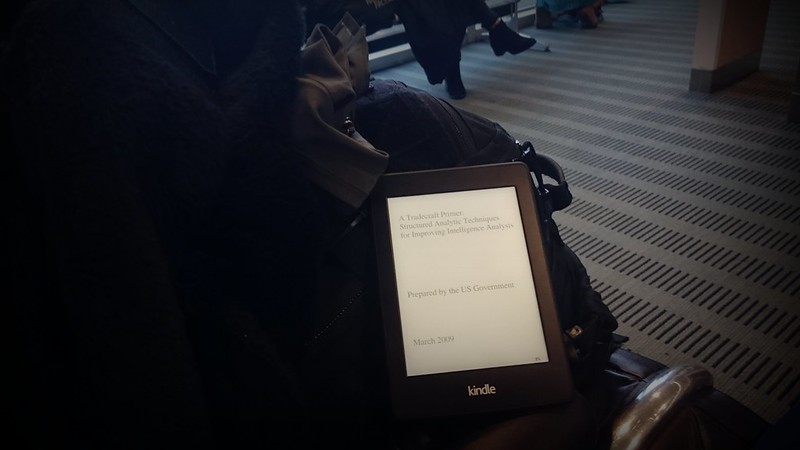Currently reading The New Spymasters by Stephen Grey.
The book begins with an overview of espionage immediately before, during, and shortly after the Cold War, before moving on to the role played by Western intelligence agencies in the current millenium. Grey contrasts the earlier focus on human intelligence with the growing dependency on signals intelligence and assassination programs, and makes a compelling case for the need to return to a balanced approach with a focus on traditional spy running.
The dichotomy is reminiscent between that of the longer-term, unconventional warfare practiced by US Special Forces and the direct action focus of other Special Operations Forces as discussed by Tony Schwalm.

